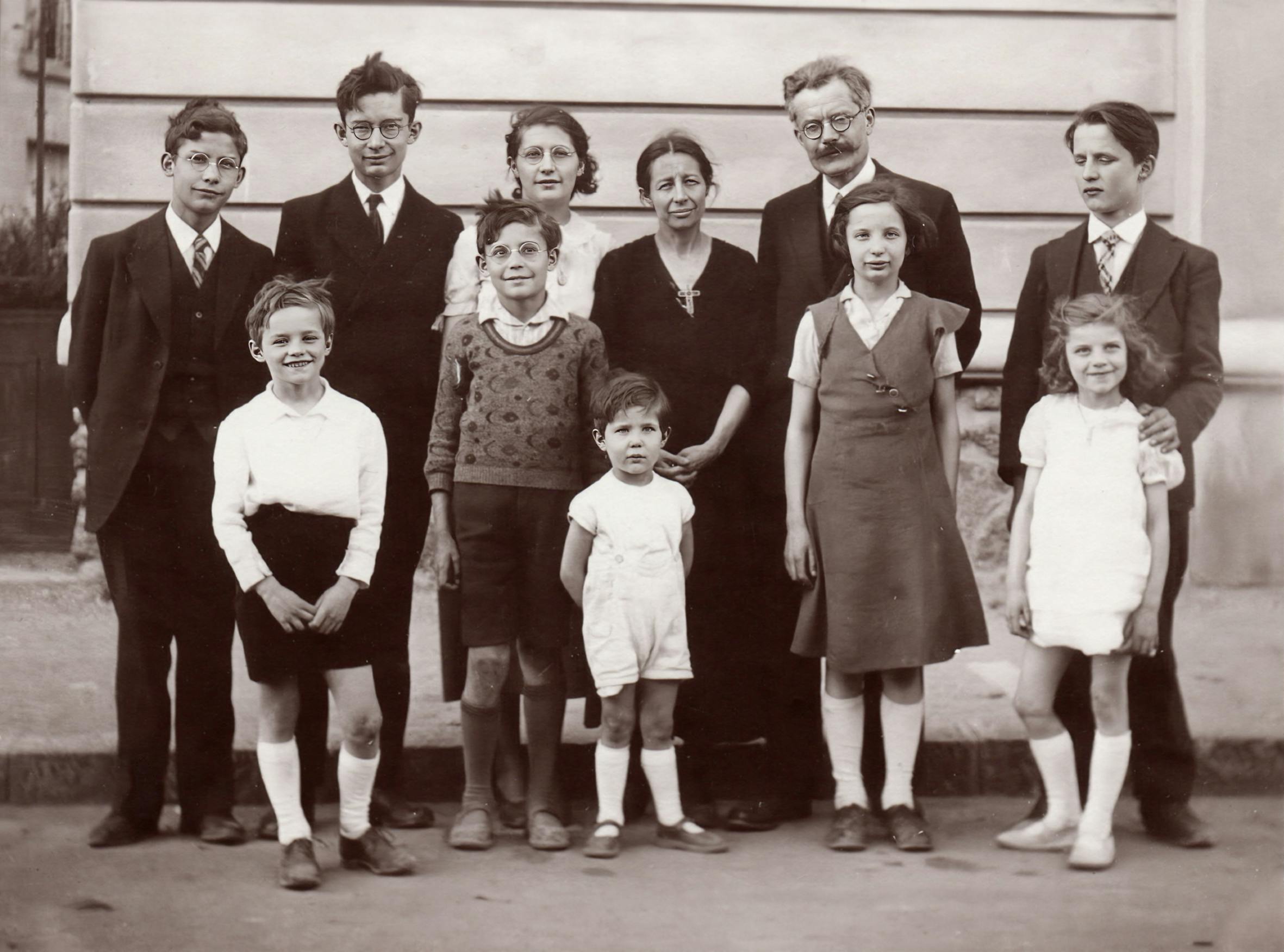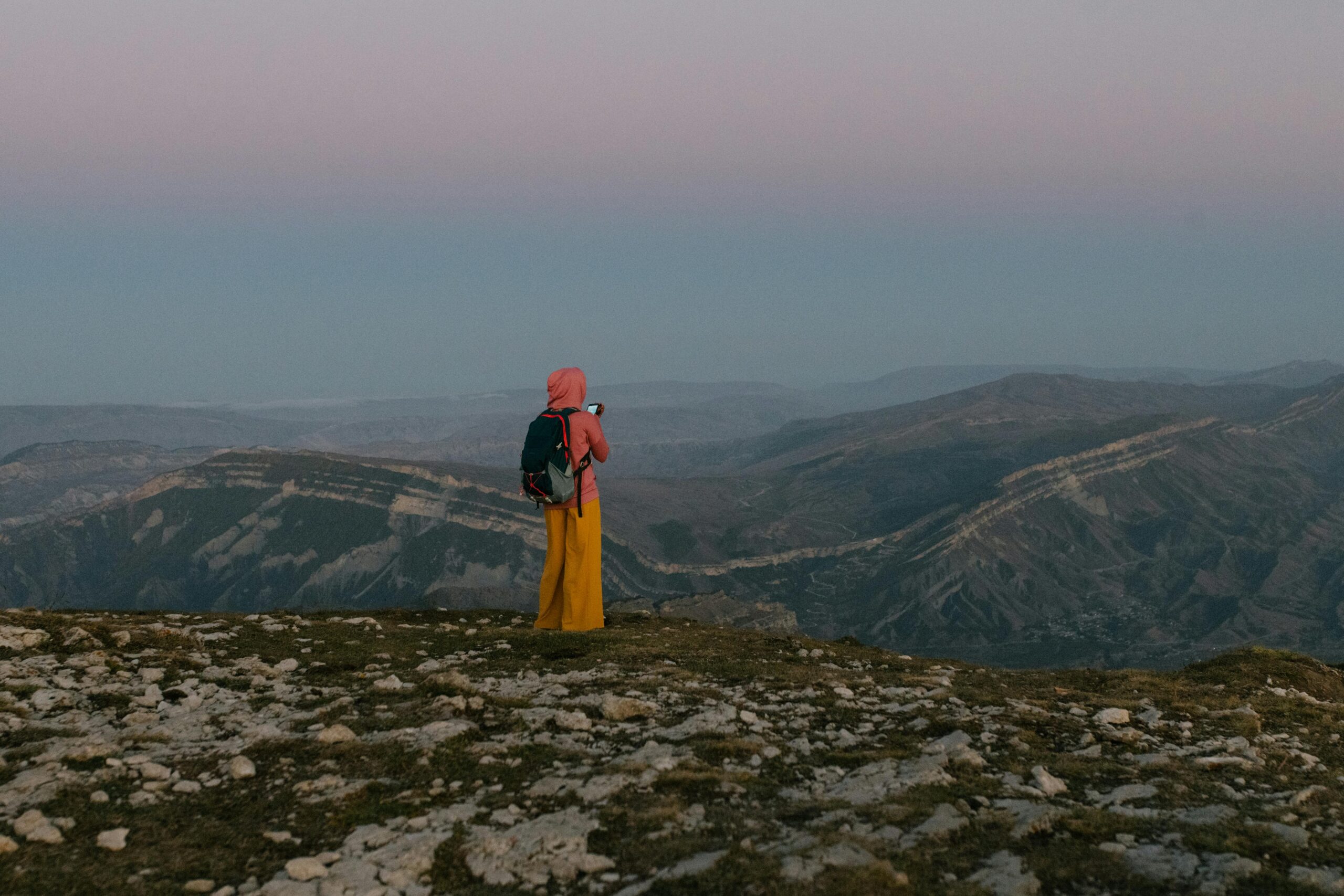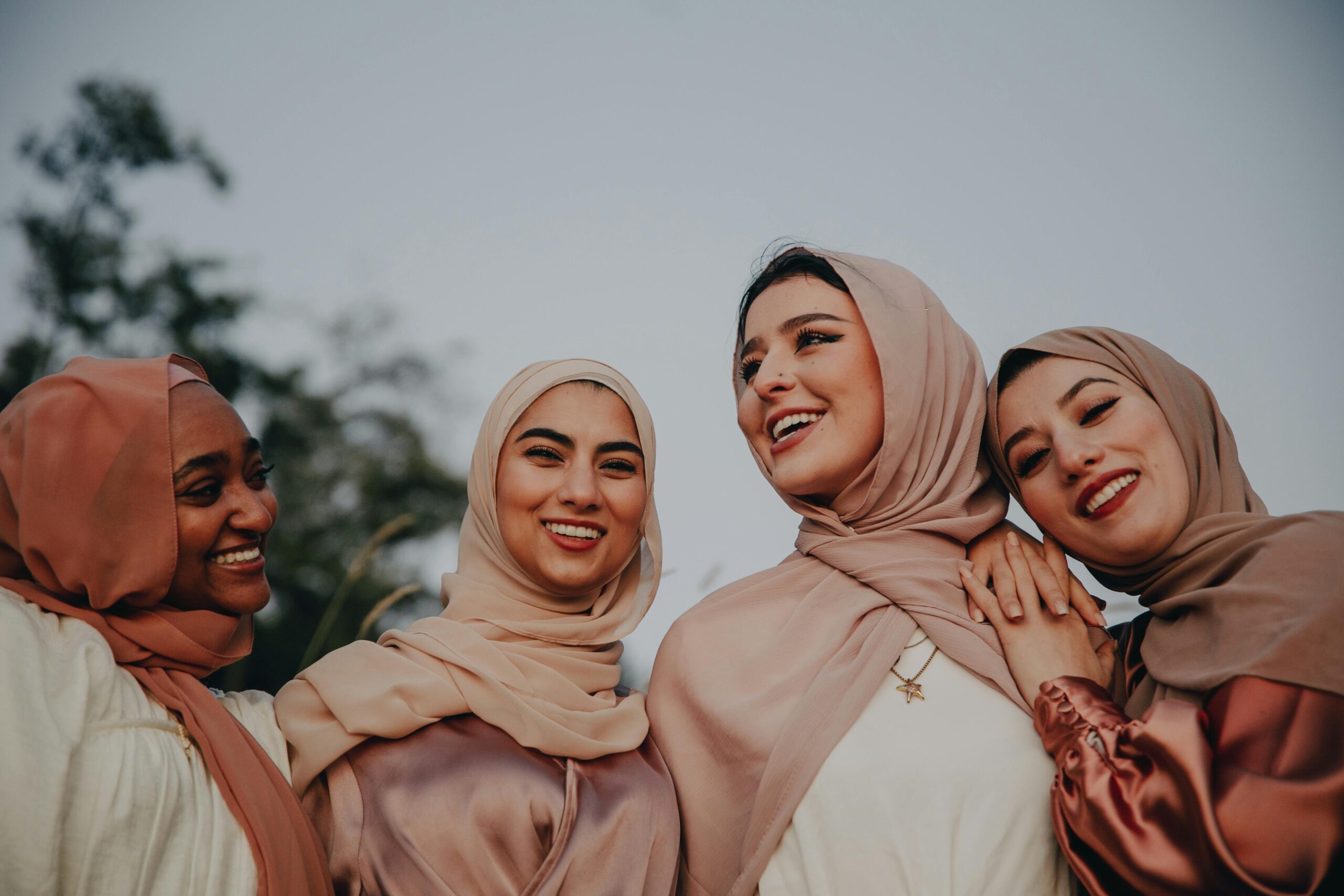
Giving birth is more dangerous than nearly every job in America, with the maternal mortality rate for Black women standing at 69.9 per 100,000—three times the risk faced by white women. This is just one example of countless health disparities that disproportionately affect Black women in this country.
According to a new book by Wylin D. Wilson, Assistant Professor of Theological Ethics at Duke Divinity School, Black people, and especially Black women, suffer and die from diseases at much higher rates than their white counterparts, and this is well-documented by numerous healthcare studies. The vast majority of these health disparities are not attributed to behavioral differences or biology, but to the pervasive devaluation of Black bodies.
What would it look like to envision and live in a country where the most vulnerable bodies, who have historically been marginalized and impacted by violence, now experience care at its highest form? And how do we reach this goal when it appears that the political and medical leadership we currently see still does not prioritize the needs of the most vulnerable?
In her new book, ‘Womanist Bioethics: Social Justice, Spirituality, and Black Women’s Health’ (NYU Press) Dr. Wilson makes the provocative but essential case that because African American women– across almost every health indicator– fare worse than others. We must not only include, but center, Black women’s experiences and voices in bioethics discourse and practice. Dr. Wilson’s book is the first to introduce a Womanist (a Black feminist movement coined by Alice Walker) approach to the study of ethical issues in medicine and tech—which has always been dominated by white male voices.
Wilson provides a feminist path forward that centers the voices of the most vulnerable, highlighting how healthcare workers, legislators, and centuries-old practices of care central to the Black Church can address the harm caused by gaps in our healthcare systems. Essential insights for anyone who wants to start thinking differently about how we care for the health of everyone in our communities, we had the chance to ask Dr. Wilson more about her take on Womanist Bioethics, the fascinating history of how the Black Church stepped in where other medical institutions failed to serve rural communities, Black Liberation Theology, and how they can all work together for better health outcomes.

When did you begin writing ‘Womanist Bioethics’ and what was the catalyst behind it?
The seed for this book was within the stories of family, church and community members that I heard as a young girl. These stories sparked a suspicion within my young self that race and health was a deadly combination in this nation. Particularly because, my birth was too close to the desegregation of hospitals in the U.S., so that meant that I grew up hearing stories about how African Americans who interacted with the healthcare system were left underserved and without assurance that their lives were valuable.
The actual writing of the book began later in my adulthood, when I was working in the rural Alabama Black Belt where I intensely witnessed the great disadvantage of rural populations within healthcare. The closing of rural hospitals not only shutters the economy of communities in the countryside, it creates things like maternal health deserts. For instance, when funding gets tight for medical clinics in rural areas, the obstetrics ward is usually among the first to go.
I also noticed that faith communities in these rural places were vital for community health promotion and public health interventions—these experiences all coalesced to motivate me to write this book. Thus, the book offers a framework that addresses the health disparities that I had witnessed within minoritized (including those incarcerated) and rural communities.
Your work sits at the intersection of religion, gender and bioethics. Can you explain how they are connected and a give example of how it shows up in the world.
Bioethics is a field that addresses the kinds of moral dilemmas we observe in science, healthcare and technology—issues such as beginning of life, suffering, and end of life, to name a few. There are substantial religious and theological influences within the origins of the field of bioethics. In the earliest formation of the field, we observe religious scholars and leaders in the American church, along with those in the academy, who were wrestling with questions regarding medicine, care, and vulnerability.
However, these early scholars who shaped the field were predominantly European American men, thus, the experience, bodies, and perspectives of minoritized populations were marginalized and often neglected within bioethics discourse and analysis.
I claim that had the field of bioethics been expansive enough to include these neglected voices early on, we could have possibly made some headway in addressing pervasive health disparities that we see today. For instance, the Black Church which played a critical role in combatting racial segregation in health care, has a legacy of care (and in many cases, advocacy) for Black folk who were historically locked out of social institutions because of racial discrimination.
The Black Church historically supported and in some instances helped to establish critical grassroots institutions such as Black hospitals, and Black nursing and medical schools to address health disparities. The Black church is a vital grassroots institutional response to the historical deadly combination of race and health and my book recounts the stories of “sick and shut-in” women who are the actual foot soldiers of the Black Church’s response to the interaction of racism and health care.
My book offers the case of Black maternal health as one example of how these phenomena of bioethics, religion and gender come together. Womanist bioethics helps us understand that Black women’s bodies cannot be studied nor cared for apart from understanding and addressing the historical, social, and structural conditions of their existence which is constrained by race, gender, and class.
For those who might not be familiar, can you explain what womanist theology and Black liberation theology are?
Womanist theology is a response to mainstream western theology’s neglect of the voices, experience and perspectives of Black women. In the face of historical and persistent devaluation of Black women’s bodies, womanist theology makes a significant claim that Black women’s bodies are a site of divine revelation and power and thus worthy of love, care, and respect.
Love is central to womanist theology, a love that embraces all of humanity for the purpose of healing, social change, and liberation. Liberation being centered on working for the freedom, survival and ultimately, flourishing of others. Womanism is also a response to Black liberation theology (BLT) which makes the case that God is on the side of racially and economically subjugated people.
BLT has historically centered Black men’s experience, thus womanism called for BLT to make space for the particular multilayered experience of race, gender and class that shapes Black women’s experience.
Why do you feel it is important that we see a more womanist approach to bioethics, and how does this connect to the growing awareness of white patriarchal perspectives in medicine causing harm?
A womanist approach is necessary because the lives of Black women testify to the current state of the healthcare system in this nation. Which is why I include various narratives within my book, because these stories of minoritized women not only testify to but interpret and critique the healthcare system. The narratives of these women and their communities in my book demonstrate the extent of the historical and current de-prioritization of and disinvestment in the health of minoritized communities.
Womanism has, as its starting point, the experience of Black and other minoritized women—those within the ranks of the most vulnerable in society, but the goal of womanism is not just the healing and wholeness of women but the healing and wholeness of all humanity. Importantly, by prioritizing vulnerable individuals for the sake of the common good does not devalue the gifts of those who do not perceive themselves as vulnerable but it acknowledges the necessity of the gift of solidarity.
We have a maternal mortality crisis in the United States that disproportionately impacts Black women and communities. Can you give us some insight from your book about the solutions you propose?
There are various things that I propose in my book that we can do. One of the simplest things that we can do (so simple that it is easily taken for granted) is to listen to women, believe women and take them seriously when they talk about their bodies and what they feel may be going wrong with their bodies.
The neglect of this simple act of listening to women is so pervasive that The Centers for Disease Control and Prevention instituted a public health campaign (the Hear Her campaign) to help combat the maternal mortality crisis. This public health campaign helps health care professionals and family and friends of pregnant women to identify urgent maternal warning signs during pregnancy or the postpartum period and encourages healthcare professionals, and others within the community—family and friends of pregnant women—to listen to women’s concerns, take them seriously, support them and help them get the help they need.
I also focus on the pillars of: advocacy, education and awareness. In the book I include insights into how people and organizations are participating in advocacy, education and awareness in ways that help us address health disparities and maternal mortality. For instance, I discuss organizations such as Black Mamas Matter Alliance and the model of their womanist approach to maternal mortality; I discuss the significance of Maternal Mortality Review Committees, and awareness of policies such as the Momnibus Act which is a set of bills that target maternal mortality and disparities.
Having knowledge of these policies and advocacy efforts put us in a position of knowing how to respond to changes in the socio-political context that negatively affect the type of care, resources, and support available for maternal and infant health.
There is a hesitation for many to trust predominantly white Christian churches to show up in healthcare spaces, as they are typically anti-choice, and perpetuate harmful ideas related to gender and race, especially toward marginalized folks. How does the Black church differ from this?
The Black church is not a monolith—there is a diversity of congregations within the conception of Black church, so there are congregations that are pro-choice, some that are pro-life and others that are somewhere in-between. What distinguishes Black congregations broadly though, is their legacy of care for a population that was historically locked out of medical, social, economic and political institutions due to racial injustice.
Thus, many of these congregations continue to have this understanding of themselves as being beyond spiritual institutions—they know that they have to attend not only to the souls of Black folk but also to their bodies, minds, and to the social determinants of health that affect the life chances of those in Black communities.
What are some of the healthcare outcomes you believe we would see more of if women’s voices, and particularly Black women’s voices, were centered and positioned as experts?
I believe that we would see a decrease in the high maternal mortality rates that we now see for the entire nation, and that we would see the disproportionately high African American and Native American/Indigenous maternal mortality rates decrease. I also believe that we would witness maternal mental health statistics improve, and that domestic and gender violence would move away from being a taboo issue, especially within faith communities where it is rarely discussed and addressed.
Additionally, we would see improvements in rural community health and social determinants of health, which means that there would be progress in access to quality health care for women, children and families; there would be improvements in access to nutritious, culturally appropriate foods; and more attention to the issue of environmental injustice and the upstream health issues that it generates.
Who is your intended audience for ‘Womanist Bioethics’, and what impact do you hope your book will have in the communities you deeply care about?
My book is for those who wonder how they can make a difference in this moment—it provides one way of helping people do this. Although this book begins with the experience of black women it is not only for black women, it’s for the healing, care, and wholeness of all of us.
I make an important claim in the book that we all have a hand in one another’s health and well-being. The stories in this book help to illustrate that the health of black women testifies to and intersects with the same issues pertinent to women’s health broadly. Stories connect us and demonstrate how much our health and life chances are tied up with the flourishing of all of humanity—we are connected more than we realize.
I hope that people walk away from reading this book with a sense of purpose and clarity that they must do something because this book has reinforced the significance of meaningful connection between humans, creation and Divine Mystery.
The opportunity to enter a beautiful conversation awaits people between the pages of ‘Womanist Bioethics: Social Justice, Spirituality and Black Women’s Health‘, and you can order your copy today. See more of Wylin D. Wilson’s work on her website, and follow her on Instagram and Twitter (X).
















